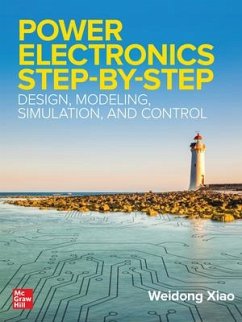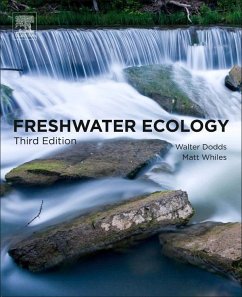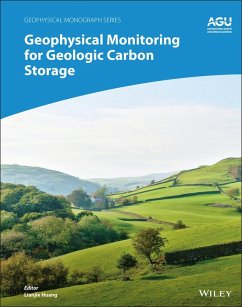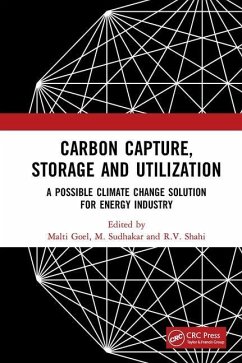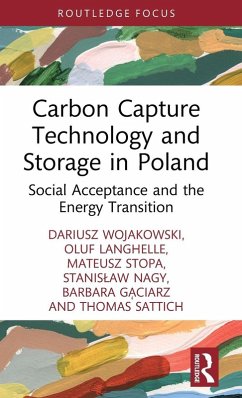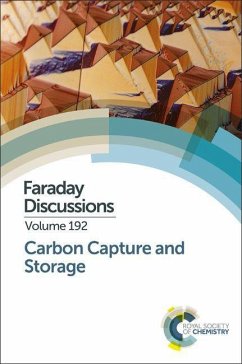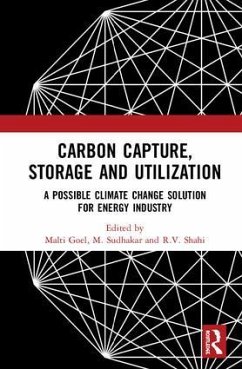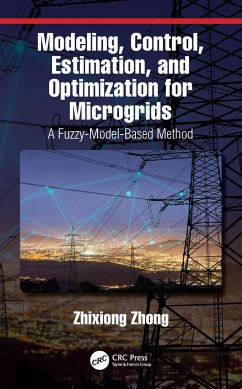
Modeling, Simulation, and Optimization of Geological Carbon Storage
Versandkostenfrei!
Versandfertig in 6-10 Tagen
34,99 €
inkl. MwSt.

PAYBACK Punkte
17 °P sammeln!
Geological Carbon Storage (GCS) is one of the most promising technologies to address the issue of excessive anthropogenic CO2 emissions into the atmosphere due to fossil fuel combustion. For GCS, the saline aquifers are considered very attractive compared to other options because of their huge sequestration capacity in U.S. and other parts of the world. However, in order to fully exploit their potential, the injection strategies need to be investigated that can address the issues of both the CO2 storage efficiency and safety along with their economic feasibility. Numerical simulations can be u...
Geological Carbon Storage (GCS) is one of the most promising technologies to address the issue of excessive anthropogenic CO2 emissions into the atmosphere due to fossil fuel combustion. For GCS, the saline aquifers are considered very attractive compared to other options because of their huge sequestration capacity in U.S. and other parts of the world. However, in order to fully exploit their potential, the injection strategies need to be investigated that can address the issues of both the CO2 storage efficiency and safety along with their economic feasibility. Numerical simulations can be used to determine these strategies before the deployment of full scale sequestration in saline aquifers. This book presents the physical models, numerical simulation techniques and genetic algorithm based optimization method for CO2 sequestration in saline aquifers. Several model examples, benchmark studies as well as examples of actual large scale sequestration efforts in saline aquifers worldwide are presented and compared with available field data. The goal of the book is to provide important insights in physical modeling as well uncertainties associated with the numerical simulation of GCS.






